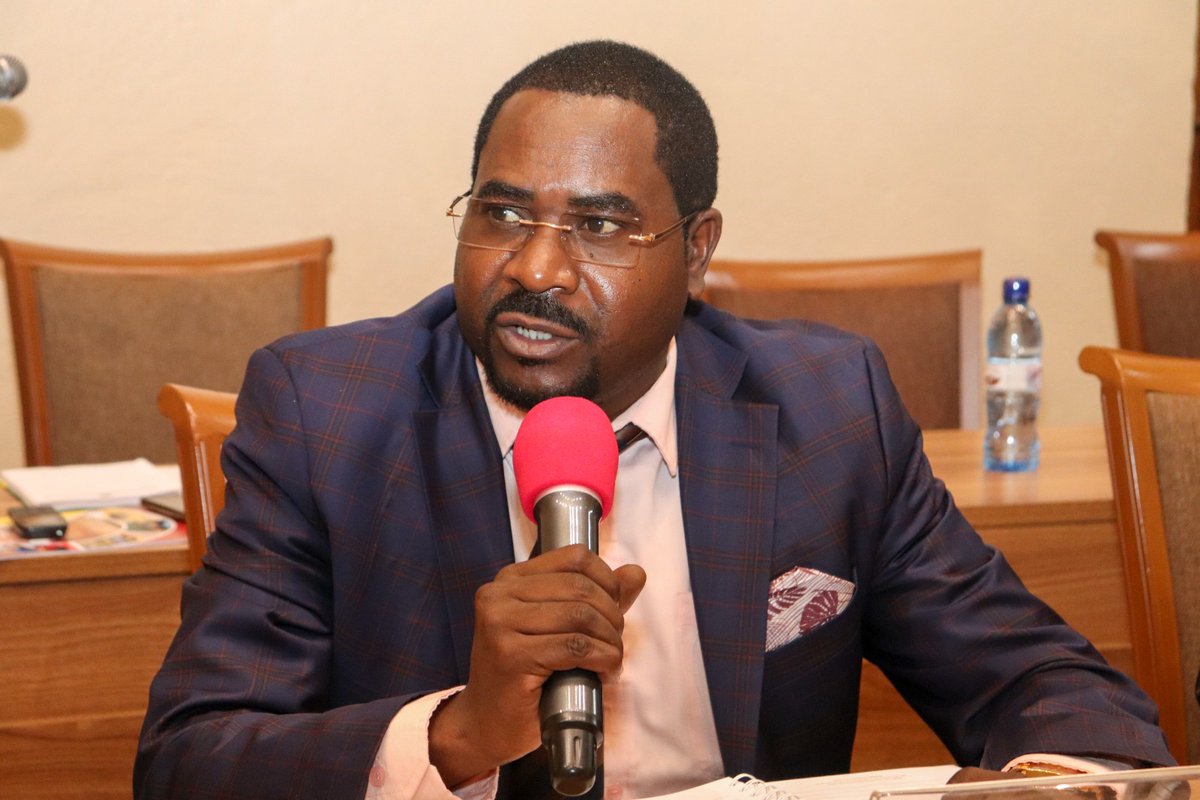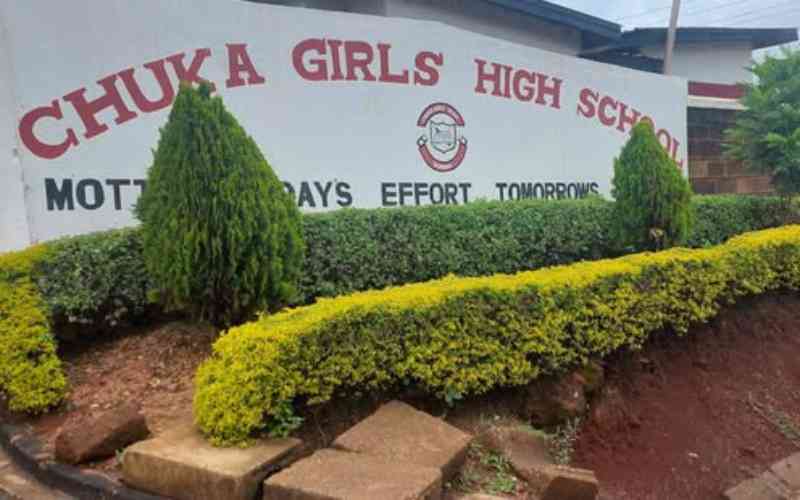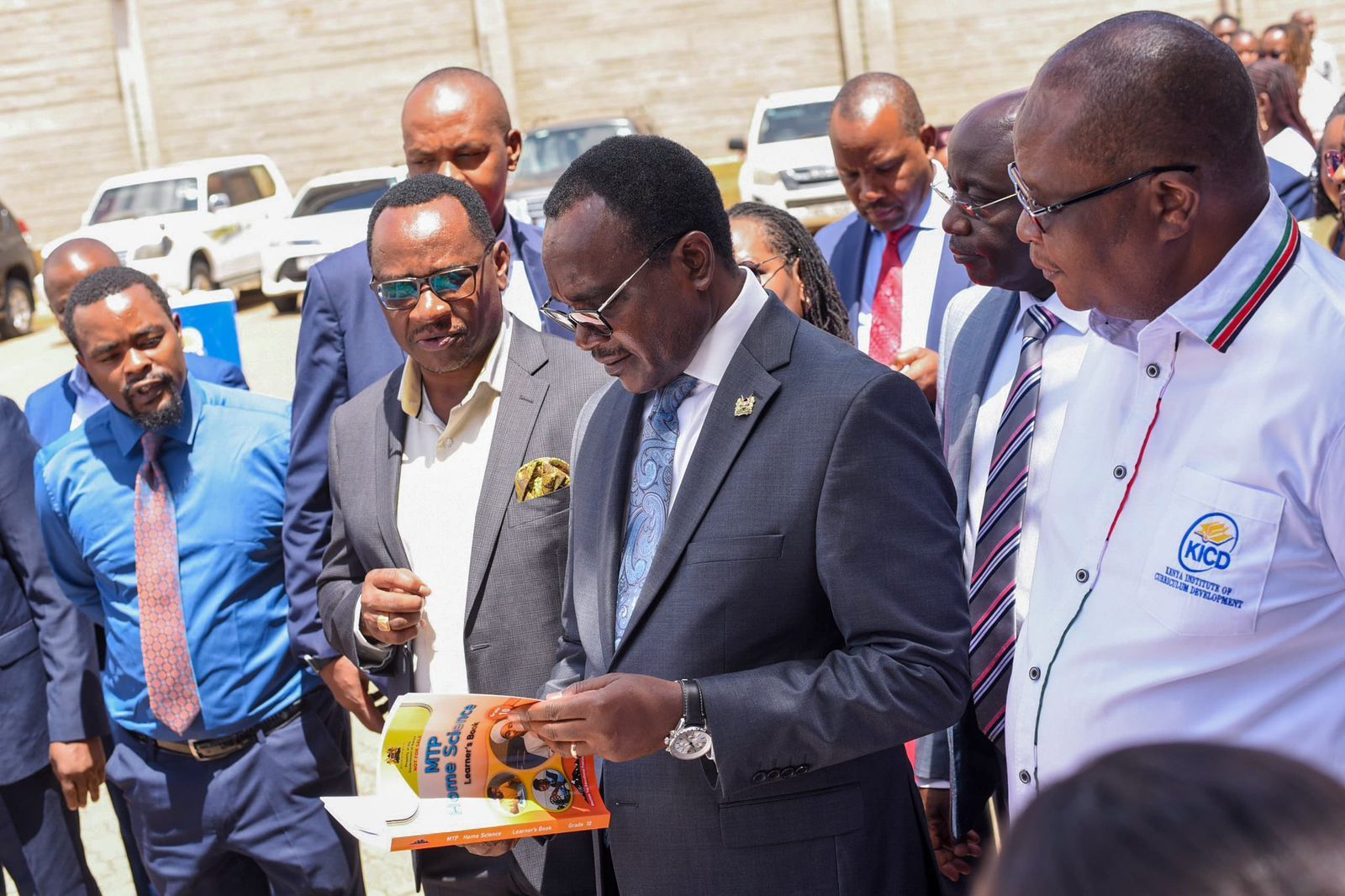By Victor Ochieng’
vochieng.90@gmail.com
In the re-organisation of the secondary school calendar disrupted by Covid-19 pandemic, the current Form Three Class is the one going to be hit hard by its devastating effects. They will officially become candidates in May, and sit for KCSE in December 2022. We also have a general election in August. People like penman Son of the Lake are making orisons that this emotive event will pan out well. On this, we remain prisoners of hope. In the whole scheme of things, Forms Threes are going to bear the brunt of coronavirus. How? They will have a very short time to tackle the Form Four syllabus and prepare for KCSE. Therefore, both the teachers and students should come up with stupendous strategies that can entice peak performance. These nine points presents my opinions and forms the central plank of this piece.
- Focus on timely completion of the syllabus
Ideally, schools should ensure that the Form Three syllabus does not spill to the Form Four class. On best academic practices, and effective management of the candidate class; pundits like the polymath Paul Wanyonyi posit: If possible, schools should start the Form Four syllabus in Form Three. But based on prevailing circumstances, methinks schools will experience some chilling challenges in relation to this notion. Somehow, somewhat, it will be a Herculean task to complete both Forms Three and Four syllabi in the nick of time. This is likely to dent the well-thought-out revision programmes rolled out in Form Four at the cusp of KCSE. So, what is the perfect antidote: School arrowheads should convene strategic meetings with the team of teachers before the term ends, and scratch their heads over this pertinent matter.
- Schedule teachers’ strategic meeting
The powers-that-be should convene studious strategic meetings before schools close, and lay down the expectations, assemble the Form Four team, identify gaps and past mistakes, develop timetables, do the budgeting bit and come up with a well-thought-out resource-mobilisation stratagems and strategies.
- Sensitise form three class to make wise use of holiday
Now that we have established that Form Threes will not have ample time in Form Four, that is why they should make wise use of the April Holiday. That does not imply that Form Ones and Twos should split hairs because they are not in close range with KCSE. If possible, subject teachers should assign some topics to Form Threes, which should be done during the March-May school stasis. Of course, this goal can only be achieved when the students themselves balance three things while holed up at home: Home chores, personal study time and leisure. During the hiatus, they should also strive to compare notes with peers from other schools.
- Launch Form Four programme on time
It is imperative to launch the Form Four programme before Form Threes close the school. The head honchos should assemble the team responsible for the programme(s). It is advisable to have periodic review of the programme; welded well with data analysis system.
- Constitute and consolidate formidable Form Four team
In national and extra-county schools, where we have a big teaching force, Form Four Class should be treated as a miniature school by forming a formidable and able team. This should include: Class principal, Dean of Studies, class teachers, exams officer, chaplain, HoD Guidance and Career Counselling, disciplinary master/mistress, monitoring and evaluation team. The dream team should also spell out: the teacher in charge of morale and motivation, morning preps, evening preps and games. By and large, the functions of the team should include: Development of timetables and establishment of the academic panel to be in charge of students stagnating in performance. The team should spearhead decision making, data analysis, monitoring and implementation of the programme, periodic review of the programme, offering spiritual and psycho-social support to candidates, overseeing formulation and implementation of the Academic Action Plans (AAPs), creation of good mood for the academic season, filling the gaps in learning and teaching. Also, they should set benchmarks for all stakeholders and focus on how to deal with thorny issues like aberrant behaviour and indiscipline cases.
- Set class identities
As part of energy, synergy and strategy, the Form Four dream team should involve candidates to set the class name, slogan, scripture, theme song, et cetera. This is the best way to enhance teamwork and unity of purpose, which help candidates run the last lap with great grace.
- Set different types of targets
The school target should be the average of the individual target of each candidate. Some of the targets to be set include: school target (positive deviation), subject means, group discussion targets, number of students to scoop straight A’s, number of students to matriculate directly into the university, number of students to appear in the top 20 or top 100, possible national ranking and the last grade to be attained. In addition, there should a recognition target. As in, where does the school see itself in the sub-county, county and country? Can the candidate class strive to put the school on the map or attract academic glamour and glory?
- Develop Academic Action Plans
An Academic Action Plan (AAP) is a formal document with scheduled actions, timelines, and people held responsible. Basically, there should be yearly and termly academic action plans. Some schools fail to pique peak performance because they operate without clear roadmaps. Some just operate on the event-and-reaction approach. They just wait for something to happen before they convene a serious meeting of minds. Yet, it is misguided for schools to operate on autopilot. It is wrong to run schools while blind like bats. Teachers should not be concerned just about the moment. It is dangerous to let the future take care of itself and seek solace in aphorisms and axioms like: We shall cross the bridge when we get there.
- Address reasons for poor performance
Schools and students do not just fail. Poor performance can be attributed to an avalanche of issues: Failure to launch Form Four programme in the nick of time, poor planning, failure to address emerging trends, lack of teamwork, poor exam preparation strategies, lack of discipline and character in candidates, failure to address challenges of weak learners, failure to master the art of exams, embracing success-limiting policies, poor finishing and many more.
The writer rolls out academic talks, career talks, prefects training and peer counsellors training in schools. Principals engage him to work and walk with the candidate class as a mentor.






